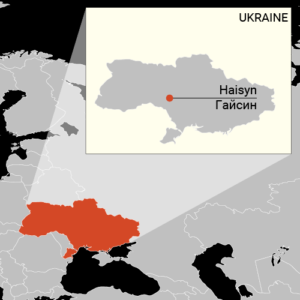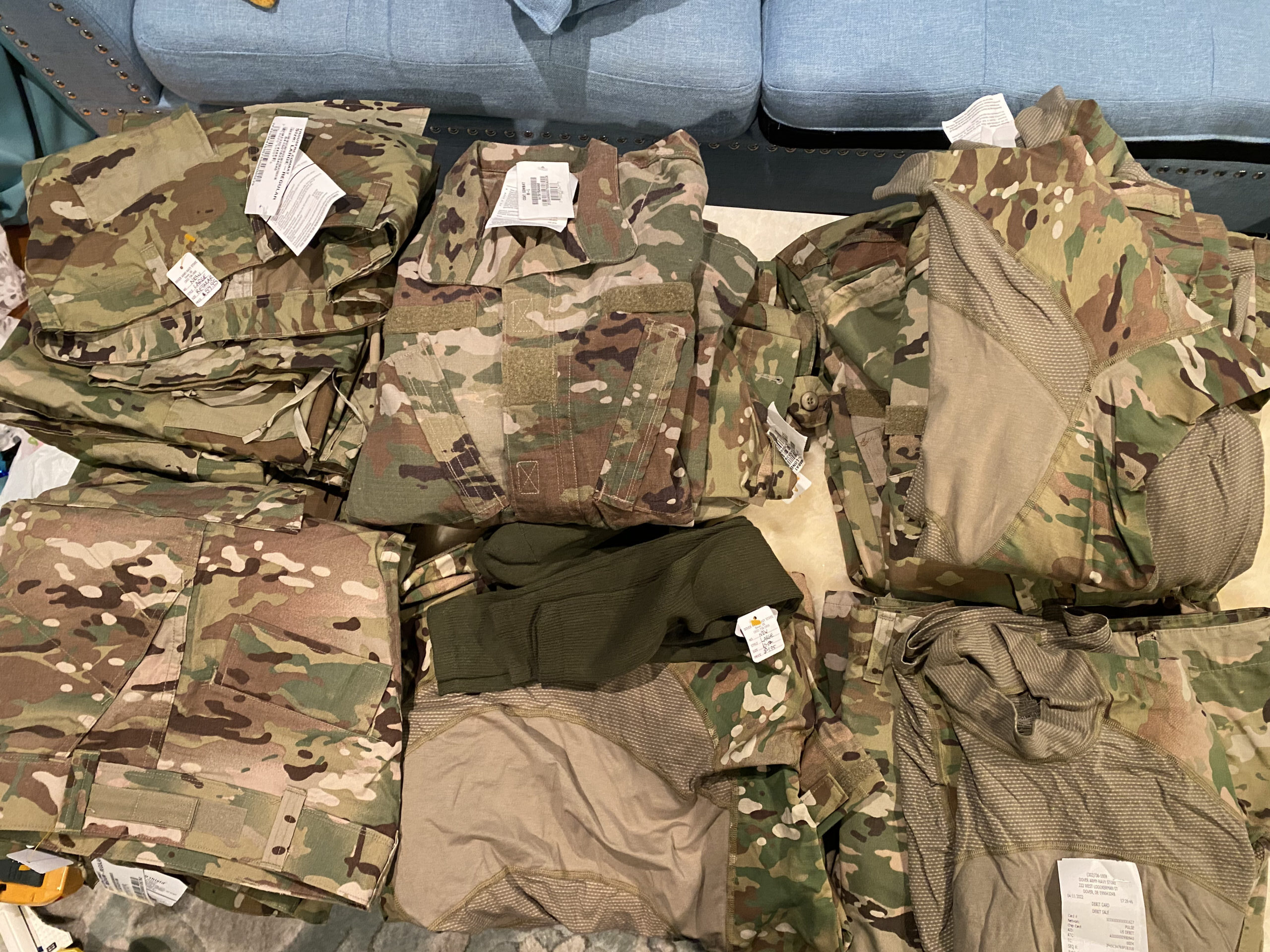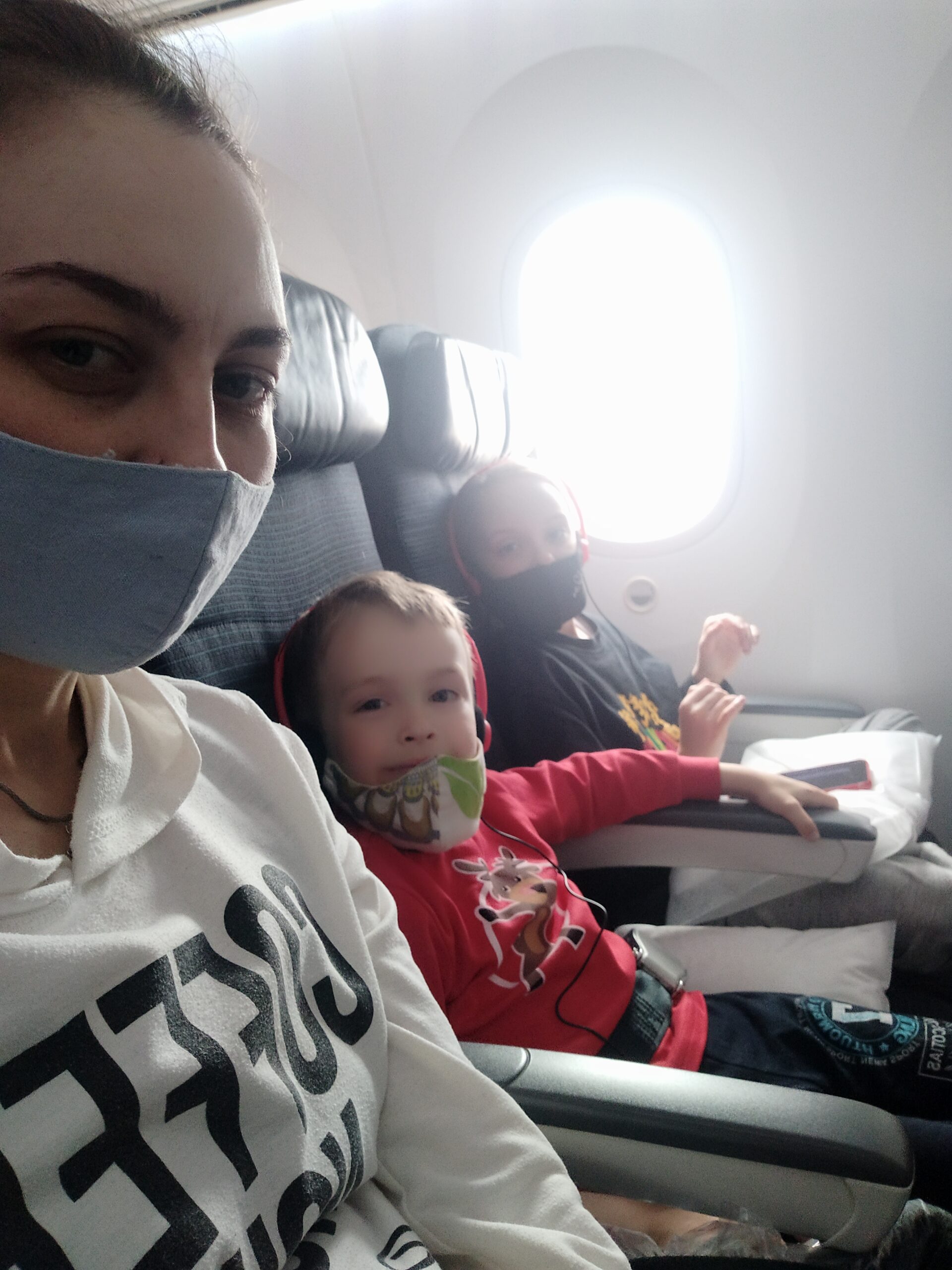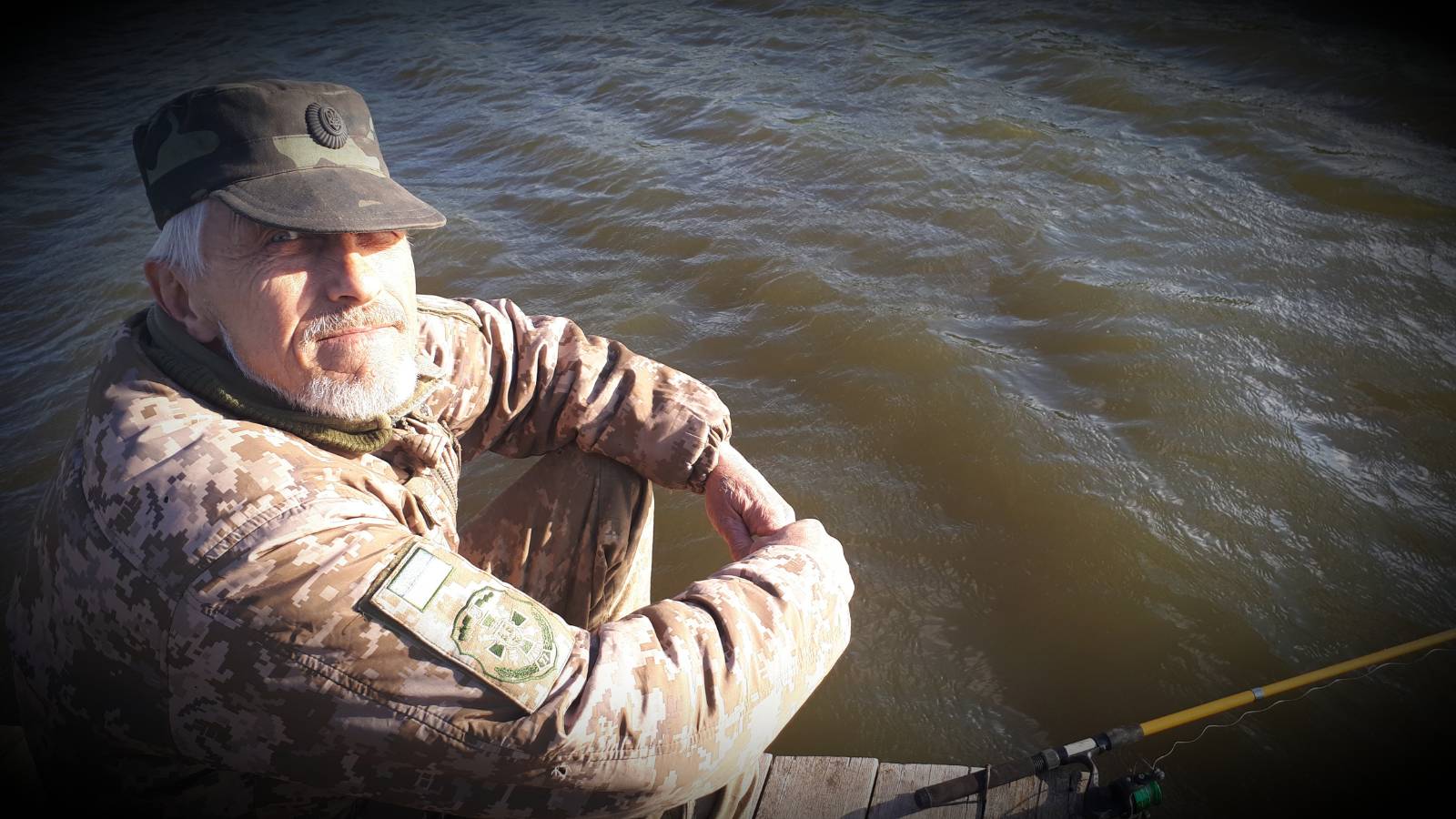
Anhelina Bilokon was focused on her graduate audiology classes at the University of Maryland when, in February, Russia invaded Ukraine, her homeland. Suddenly her relatives were under threat as missile strikes destroyed sidewalks, apartments and their homes in Haisyn, Ukraine.
Bilokon and her husband, Michael Romero, with help from friends and professors, raised more than $7,000 on GoFundMe to hire drivers to take four relatives – a cousin and her two children, plus the cousin’s mother-in-law – to Poland and to buy plane tickets to the United States.
“We were able to get those cousins out by hiring random people we didn’t know how to trust,” Bilokon, 28, said in a recent interview with Capital News Service. “Within a matter of days, I went from just being in school to learning how to hire people to do these things.”
Over the course of weeks, she and her husband helped her four traumatized relatives acclimate to living in Bilokon’s mother’s home in Rockville, Maryland. After taking just one week off from school, Bilokon returned to her studies.
“The whole thing was just blurry,” she said. “I don’t even remember last semester, because every two seconds I was checking the news. I was thinking about something else. So, while I was in school, my brain was somewhere else.”
Her four relatives are among more than 7 million Ukrainians displaced by war and more than 100,000 Ukrainians seeking temporary asylum in the United States. At the University of Maryland, she is one of about 20 Ukrainians on campus, all trying to maintain a state of normalcy amid the daily, soul-crushing images of back home.

Another Ukrainian student at UMD, Ph.D. student Tetiana Tytko, founded the Ukrainian Student Association to create community and help each other cope.
“It never felt like we were doing enough, but being surrounded by Ukrainians and doing something, it was a great distraction, and it kept me sane at that time – kept me going,” Tytko said.
Tytko said the organization has held events with St. Andrew Ukrainian Orthodox Cathedral in Silver Spring and raised more than $1,200 for new ambulances for Ukraine. The association members also worked on creating an in-person Ukrainian language course at the university, which is still in the works.
Additionally, Ross Lewin, the UMD associate vice president for international affairs, invited Tytko to a meeting with Taras Shevchenko National University of Kyiv to “showcase the Ukrainian student and faculty community we’ve built here at the UMD campus,” Tytko said.
The collaboration resulted in a partnership memorandum that the universities’ presidents signed to create a global open campus where students in Ukraine can take UMD courses online.
Tytko even sent an email to UMD President Darryll Pines correcting his Feb. 28 email statement in which he did not refer to Russia’s invasion as a war. “Let’s call the war by what it is,” she said. “A war.”
In March, President Joe Biden pledged the United States would take 100,000 Ukrainian refugees. One month later, he announced “Uniting for Ukraine,” which allowed U.S. citizens to financially sponsor refugees. As of Sept. 9, 123,962 Americans applied to sponsor refugees, and 50,832 Ukrainians have come to the United States through the sponsorship program, according to the Department of Homeland Security.

More than 100,000 refugees arrived in the United States through a combination of “Uniting for Ukraine” and other traditional methods of obtaining temporary or permanent visas.
Bilokon’s family traveled from Haisyn, a city in central Ukraine that is dramatically different from their Rockville home.
The once flourishing city, is now unsafe for Bilokon’s cousin, Iryna Zaporozhets, to live in because Zaporozhets said it has become a bombing target due to its proximity to military buildings and energy reserves.
When Russia first invaded Ukraine in February, Zaporozhets, 30, said she felt pressured to leave her home even though she did not think she was in danger. “But I kept getting calls from my family in America and Europe every day telling me to get out, get out,” she said.
In March, Zaporozhets, her two children, aged 10 and 6, and her mother-in-law, embarked on the strenuous journey — their first time flying. Because only women and children could leave, Zaporozhets’s husband had to stay in Ukraine.
They first had to cross the border into Moldova, then go to Bucharest, Romania, to apply for a biometric passport. The approval process was lengthy, and for three weeks, the four of them lived in one hotel room together.
After finally being approved, they flew to Canada, traveled to the Canada-U.S. border, where Bilokon’s mother met them, then drove 10 hours to Rockville.
Since summer, they have lived in Bilokon’s mother’s vacation home in Millsboro, Delaware, where Zaporozhets’s children are attending school and feeling a sense of normalcy again. And five months after Zaporozhets began building a new life from scratch, her husband was able to finally join them.
Even after her family reunited, adapting to a new country remains difficult.
“It’s a really big barrier when it’s hard to even communicate with the people around you,” said Zaporozhets. “So, you feel kind of like in a cage almost.”
She said she misses things in her daily life, like the taste of the coffee from home.
What she misses the most is her dad, who is 61 and fighting in the military. He has been fighting since 2014, and she does not know if he will ever make it home.
She’s also unsure when her family will be able to go back to Ukraine.
“We don’t know what the future of Ukraine holds, and if it’s a country that we’ll be able to return to soon.” Zaporozhets said. “So, it’s best to plan right now to establish and think about day-to-day and what we can do right now.”

Backdrop to Ukraine
For more than eight months, Russian troops have been fighting in Ukraine, gaining military control along Ukraine’s south and east borders. Missile strikes in numerous cities, including the capital, Kyiv, have left millions without power again and again.
The war also has resulted in 17,362 civilian injuries with 6,755 deaths, as of Dec. 11, according to the Office of the United Nations High Commissioner for Human Rights.
Since Ukraine left the Soviet Union in 1991 – after 70 years – there have been constant power struggles between pro-Europe and pro-Russian politicians and citizens. The power struggles resulted in two violent but successful revolutions that diminished the influence of Russia in Ukraine: the 2004-2005 Orange Revolution and the 2013-2014 Maidan Revolution.
During the Maidan uprising, Russian President Vladimir Putin invaded and then annexed Crimea in Ukraine.
Ukraine has a sizable ethnic Russian population in Crimea and the east. Putin says the war is meant to demilitarize and de-Nazify Ukraine. He also opposes Ukraine joining the NATO military alliance, which many Ukrainians support.
Bilokon grew up mostly in Haisyn, a city of about 25,800 people in central Ukraine. When she was 12, she and her immediate family moved to Maryland, where her aunt lived, after her mother won the Ukrainian National Lottery. The prize was a U.S. visa, something her mother had been trying to win for a decade.
Bilokon lives with her husband and 4-year-old daughter in Clarksburg, Maryland.
She fell into a state of shock when the war began, she said, paralyzed with worry and fear.
Before her relatives arrived, she said she would spend 90% of her day on Telegram, an open-source application popular in Ukraine, trying to understand what was happening. She would see horrifying images of people killed in bombings.
One day, before taking an exam, she opened Telegram and saw a child who was killed in a bombing and was left lying face down in the gravel. “I remember I just had a complete breakdown after that,” she said.
On top of fearing for her family’s safety, Bilokon said she sometimes feared for her own safety on campus. She said she received threats from Russian people, and her mind would race with intrusive thoughts that someone would try to kill her for walking around with a Ukrainian bracelet and mug.
“My brain was just having a hard time dissociating reality from my reality,” she said.
Bilokon said she even felt guilty for being in the United States.
She also felt extremely supported by her professors and peers in the audiology program and eventually learned to shift her focus back to school.
“I think it was just emotionally overwhelming, and I think I just started to get used to it,” Bilokon said. “I don’t say I’m used to it, but I’m better at coping [with] the news when it comes, and putting it, when I have to, [in the] background so I can focus on school. That was really hard.”

You must be logged in to post a comment.